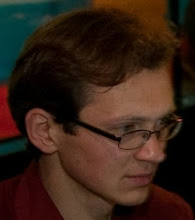Johannes Kinker, Inleiding tot eener wijsgerige algemeene theorie der taalen, Transactions of the Dutch Institute for Arts, Sciences and Letters volume I (1817), p.225
Universal grammar or something like it as it was in 1817. This is a rudimentary parse tree in Johannes Kinker's "Introduction to a philosophical general theory of languages", which pictures sentences as a compound of hierarchically ordered subject-predicate relations. They are indicated under the sample text and in the left-hand margin as (A:B), (a:b), and in Greek and Hebrew a and b.
There is nothing particularly original about this - the logic is Aristotelian, and the style of reasoning fits neatly into the then-mordant genre of grammaire générale. What makes Kinker's grammar notewhile, however, is that he consistently translates Kantian categories of the understanding into grammatical categories. He is, to my best knowledge, the only one to do so.
"Pasigraphy", for that matter, is the pursuit of a logical universal language - a project previously espoused by Leibniz and Wilkins, among others. This is the type of linguistics that Chomsky tries to claim as a historical precedent for his own work in Cartesian Linguistics, and that Hans Aarsleff sees as a direct road "from Locke to Saussure". But in Kinker's theory, as in the contemporary linguistic work of the idéologues, it was not productive of any significant new ideas.
Abonneren op:
Reacties posten (Atom)


Geen opmerkingen:
Een reactie posten